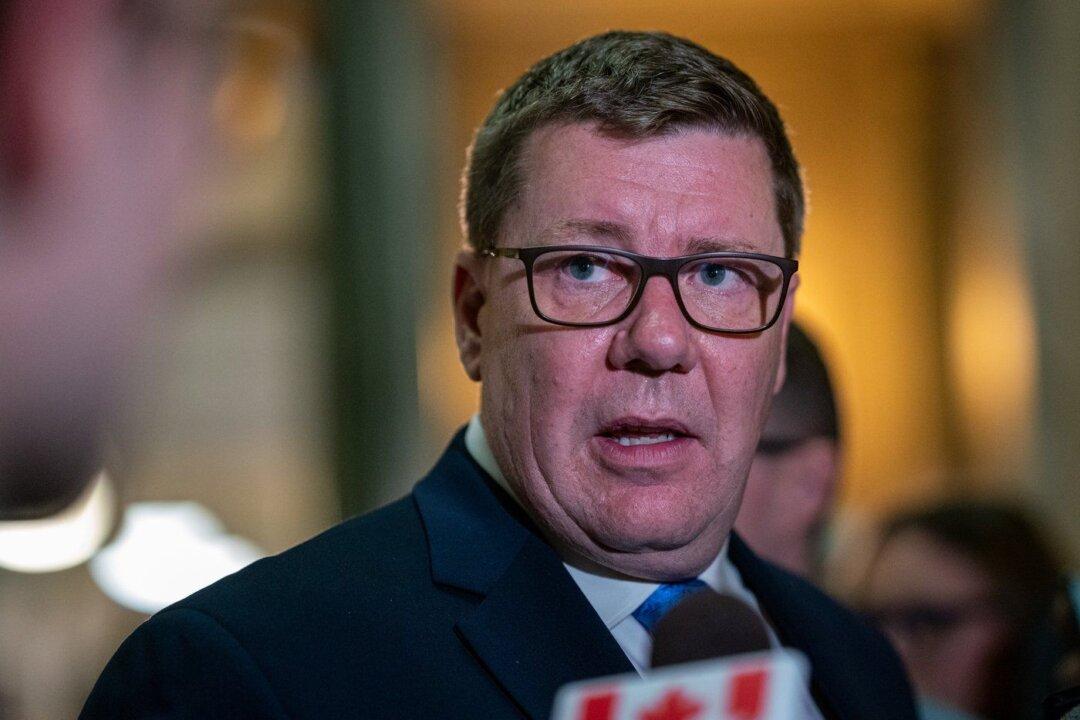Saskatchewan politicians have rapidly increased international travel since COVID-19 pandemic restrictions were loosened as Premier Scott Moe remains laser-focused on global markets.
A Canadian Press analysis of publicly available data on out-of-province ministerial expenses shows a more than 33 percent increase in spending on international trips for Moe and his ministers from 2018 to 2022.





